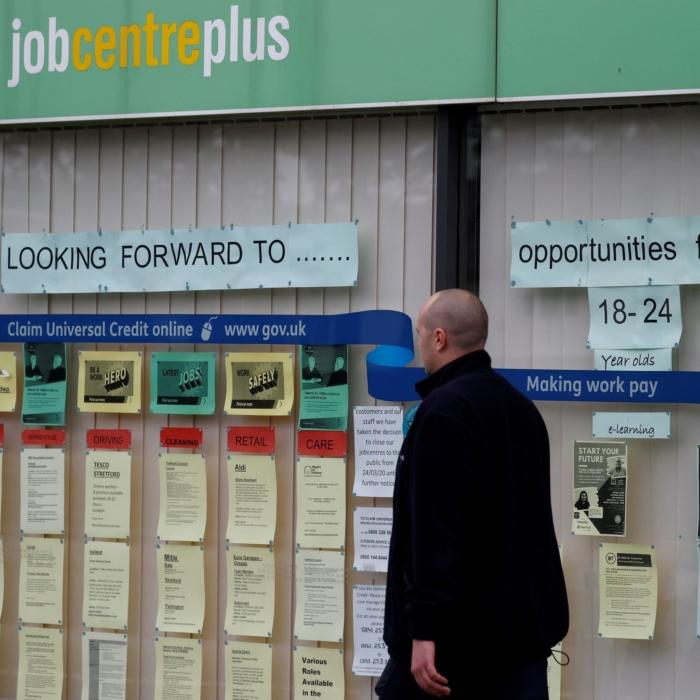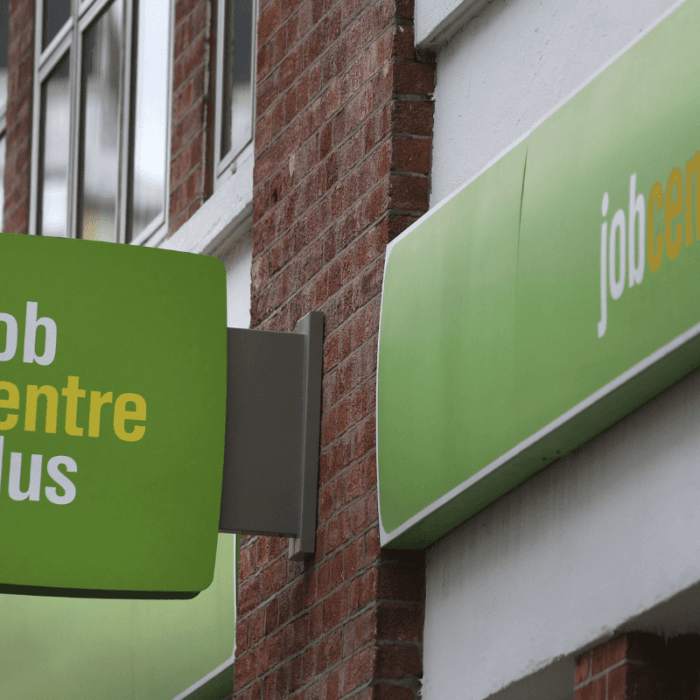Nearly half (49 percent) of people receiving some form of disability benefits say they believe they will never be able to work again, according to a survey conducted for the Department for Work and Pensions (DWP).
Another 27 percent said they might be able to go to work in the future, but only if their health improved. This was the second-largest group, of which nearly half had a mental health illness as their main condition. This group was also slightly younger than average, with 70 percent being under the age of 50.
The survey forms part of the DWP’s interim report on work aspirations and support needs for those on disability benefits.
It comes as the number of young people (aged 16 to 34 years old) who are out of work due to long-term illness and have a mental condition hit 270,000, increasing by 60,000 (26 percent) on the year before.
For all working-aged individuals (16 to 64), this figure is 790,000, up 140,000 (22 percent) on the previous 12 months.
Mental Illness-Related Claims
The DWP said that the benefits bill is “spiralling,” and this was being largely driven by an increase in the number of people claiming incapacity benefits for mental health conditions.The survey found that when it comes to people on benefits who have mental health conditions, 44 percent said they might be able to return to work if their health improved.
Kendall said there has been a “serious failure” in the system, which is “bad for people, bad for businesses, which miss out on considerable talent, and bad for the economy.”
The minister added that it was time to change how people with long-term health conditions, such as mental illnesses, are treated “so that they have a fair chance and choice to work.”
Report authors said the findings indicate a link between the increase in take up of disability benefits and challenges in the health care system.
It says two in five people (41 percent) were on a waiting list for treatment for their health conditions, with 50 percent saying they felt their ability to work was dependent on getting treatment.
More People Could Work
Kendall said that for young people in particular, not working can have a “scarring effect” which lasts a lifetime.During a visit to a vocational education service in Northampton, Kendall addressed the fact that 49 percent of people on benefits believe they will never go back to work again, saying she thinks “more of those people could work.”

‘Problem’ With COVID-19 Generation
When asked whether society was over-medicalising every day worries, Kendall admitted that there is “genuinely a problem with many young people, particularly the Covid generation.”“But we can’t have a situation where doing a day’s work is in itself seen as stressful,” the minister said.
She went on to detail that during an official visit to a supermarket, she saw people with “genuine mental health problems,” but was also told that there were young employees struggling to turn up to work on time or on the day they needed to.
“They had to understand that that was the world of work, that was just the nature of life and that isn’t stress or pressure,” she said.
The government says it plans to publish a consultation document on reforms to the health and disability benefits system in the spring.







